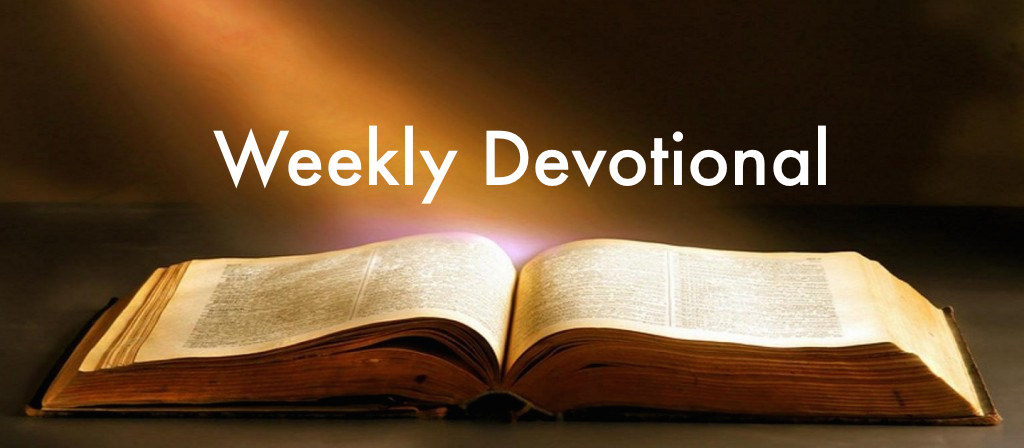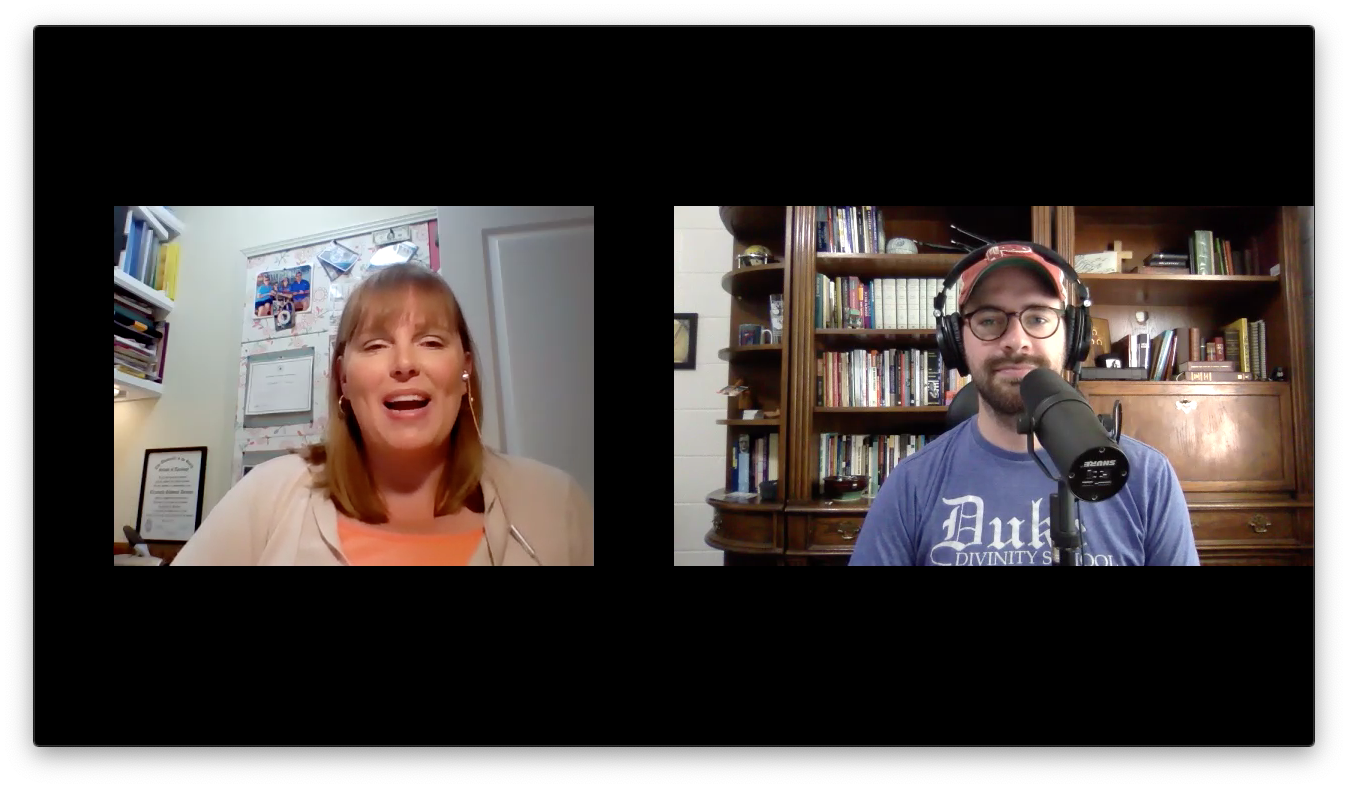This week on the Strangely Warmed podcast I speak with Todd Littleton about the readings for the 19th Sunday After Pentecost [C] (Jeremiah 31.27-34, Psalm 119.97-104, 2 Timothy 3.14-4.5, Luke 18.1-8). Todd is the pastor of Snow Hill Baptist Church in Tuttle, OK. Our conversation covers a range of topics including the transformation of judgment, nationalism, prophetic voices, new covenants, the function of the Law, the local Gospel, self-help books, the narrative scope of scripture, baldness, evangelism, and the unjust judge. If you would like to listen to the episode or subscribe to the podcast you can do so here: The Divine Courtroom
Tag Archives: Judgment
The Lamb Lamp
This week on the Strangely Warmed podcast I speak with Teer Hardy about the readings for the Sixth Sunday of Easter [C] (Acts 16.9-15, Psalm 67, Revelation 21.10, 22-22.5, John 14.23-29). Teer is one of the pastors of Mt. Olivet UMC in Arlington, VA. Our conversation covers a range of topics including hymnody, marriage, vikings, dreams, communal discernment, ecclesial friendship, world-turning, the joy of judgment, Eugene Peterson, fear, timelessness, church architecture, peace, and endings. If you would like to listen to the episode or subscribe to the podcast you can do so here: The Lamb Lamp
The Operating System Of The New Testament
This week on the Strangely Warmed podcast I speak with Jason Micheli about the readings for the 2nd Sunday After Epiphany [C] (Isaiah 62.1-5, Psalm 36.5-10, 1 Corinthians 12.1-11, John 2.1-11). Jason is the lead pastor of Annandale UMC in Annandale, VA. Our conversation covers a range of topics including the 5th Gospel, visible vindication, marital imagery, Good News For Anxious Christians, judgment as transformation, sentimentality, spiritual gifts, communal confirmations, the atonement, and new wine. If you would like to listen to the episode or subscribe to the podcast you can do so here: The Operating System Of The New Testament
Judged
2 Corinthians 5.10a
For all of us must appear before the judgment seat of Christ.

I’ve had the (mis)fortune to serve on two different juries in the last ten years. In both cases I was the first (of roughly one hundred potential jurors) to be called into the box and in both cases there was nothing sufficiently problematic to strike me from serving.
But it’s not as if I didn’t try to get excused.
The first time I received a summons I was in seminary and was only able to defer twice before I had to serve no matter what, and even though I explained to the lawyers that I was studying to become a pastor which might sway my understanding of the law, they picked me anyway.
The second time I received a summons I literally wore my clergy collar to the courthouse hoping it would make me appear unsuitable to serve, but that backfired just the same.
If you’ve never had the pleasure to serve on a jury (or be part of a trial in general) it is not like it appears in so many courtroom dramas. It’s mostly monotonous with a lot of legal jargon being spouted between two lawyers and judge while the rest of the room remains silent. There’s never (at least in my experience) a dramatic moment where the truth is finally revealed. And, unless its a remarkably controversial case, the courtroom is mostly empty.

But one thing that is true between how courtrooms are dramatized and how they exist in reality, is that in the end people get to decide sentences according to human judgments. We listen, we discern, and ultimately we rule in favor or against such that someone’s life is changed for good or ill.
Which makes Paul’s proclamation in his second letter to the church in Corinth all the more remarkable: all of us must appear before the judgment seat of Christ.
No matter how good we are or how bad we are, whether we get caught in this life or we get away with our schemes, all of us must stand in judgment. And, to make matters worse (and unlike our human courtrooms) we can’t hide the truth. No deceptive lawyering can contain the condition of our condition. God sees already what is going on inside of us, our wishes and intentions, and God knows what we really are.
How then could we possibly survive? What will become of us in the Lord’s judgment?
Notice: We must appear before the judgment seat of Christ.
Not before some earthly black robed judge sitting in his/her human courtroom. No, but we must appear before and in front of the one who takes away the sins of the world. Our judge, strangely enough, has loved us from all eternity and from the manger to the grave drew us into Himself and nailed everyone of our sins to His cross.
And He is our judge!
We, therefore, need not fear the end of our days nor should we fear that ultimate moment of judgment. For it is not like the courtrooms of this life where human beings dispense judgments upon one another. Instead, the judge has already come to be judged in our place.
The End
Devotional:
Isaiah 65.17
For I am about to create new heavens and a new earth; the former things shall not be remembered or come to mind.

On Sunday countless Christians across the globe will hear words from the lips of Jesus as recorded in Luke 21. The particular passage is often hailed as a mini-apocalypse in the midst of the Gospel, and is present in the Synoptics (Matthew, Mark, and Luke). The imagery and language has been examined again and again over the centuries and have caused many to interpret contemporary signs as signs of “the end.”
“Nation will rise against nation, and kingdom against kingdom.”
“There will be earthquakes, and in various places famines and plagues.”
“There will be dreadful rainfall and great signs from heaven.”
Every new war and every climate related disaster get viewed through this lens of Christianity and we are left wondering if what we’re seeing right now is the end.
Part of that theological process often includes reflections about who is in and who is out if this in fact the end. We create measurements of morality, or degrees of faithfulness, that would grant someone passage into the great beyond. Or, to use the language of Isaiah, the new heavens and the new earth.
For a regrettably long period of time, the church has used this language as a tool to convince or persuade others to give their lives to Christ in order to be saved from the coming wrath.
Robert Farrar Capon, however, offers a great alternative to those Christians who would desire to “scare people into faith” using the apocalyptic language of Jesus:
“Immediately after the tribulation of those days, he says, the sun will be darkened and the moon will not give its light and the stars will fall from heaven and the powers of the heaven will be unsettled.”
This is the hour of grace, the moment before the general resurrection when a whole dead world lies still – when all the successes that could never save it and all the failures it could never undo have gone down into the silence of Jesus’ death.
“And then the sign of the Son of man will appear in heaven and all the tribes of the earth will mourn.”
This is the hour of judgment, the moment of the resurrection when the whole world receives its new life out of death. And it is also the moment of hell, when all those who find they can no longer return to their old lives of estrangement foolishly mourn their loss of nothing and refuse to accept the only reality there is.
“And they will see the Son of man coming on the clouds of heaven with power and great glory; and he will send out his angels with a loud trumpet and they will gather his elect from the four winds, from one end of heaven to the other.”
This, at last, is the end: the triumph of the acceptance that is heaven and the catastrophe of the rejection that is hell. And the only difference between the two is faith. No evil deeds are judged, because the whole world was dead to the law by the body of Christ (Romans 7.4). And no good deeds are required, for Christ is the end of the law so that everyone who believes may be justified (Romans 10.4). Judgment falls only on those who refuse to believe there is no judgment – who choose to stand before a Judge who no longer has any record and take their stand on a life that no longer exists.
And heaven? Heaven is the gift everyone always had by the death of the Lamb slain from the foundation of the world. All it ever took to enjoy it was trust. (Robert Farrar Capon, The Parables of Judgment).
May it be so.

The Judged Judge

This week on the Strangely Warmed podcast I speak with Beth Demme about the readings for the Sixth Sunday of Easter [C] (Acts 16.9-15, Psalm 67, Revelation 21.10, 22-22.5, John 14.23-29). Beth is a Licensed Local Pastor in the Florida Annual Conference of the United Methodist Church. Our conversation covers a range of topics including ministry mistakes, something from nothing, burning the patriarchy down, good guests, equitable equality, divine judgment, essentials for life, being between two trees, peace in the kingdom, and losing control. If you would like to listen to the episode or subscribe to the podcast you can do so here: The Judged Judge


